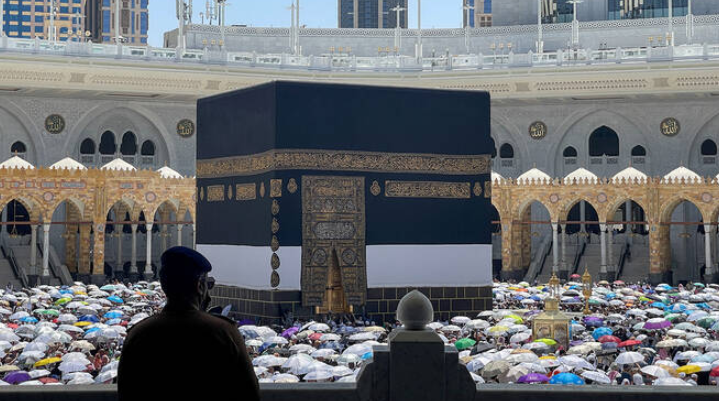The Ministry of Religious Affairs in Pakistan has officially opened the application process for Hajj 2026 under its government-managed scheme, starting August 4. This year’s pilgrimage will see some notable changes, including revised quotas, adjusted costs, and the removal of the age limit for applicants.
Applicants registered with the ministry can submit their forms at designated bank branches until August 9, on a first-come, first-served basis. Should spots remain available, non-registered applicants will be able to apply from August 11 through August 16. Once the government scheme’s quota is filled, the application portal will be closed.
Costs and Payment Details
According to the recently approved Hajj Policy 2026, the total cost for pilgrims ranges between Rs1.15 million and Rs1.25 million. Those opting for the full pilgrimage duration of 38 to 42 days must pay an initial deposit of Rs500,000 along with their application. Pilgrims selecting the shorter 20 to 25-day package will need to deposit Rs550,000 upfront. The remaining balance will be collected starting November 1, 2025.
Key Policy Changes: Age and Quotas
One of the significant updates for this year is the removal of the age restriction for performing Hajj. However, individuals born after March 1, 2014, remain ineligible to apply. The government’s official quota has been increased to 119,210 pilgrims, while the private sector quota has been halved to 60,000—down from previous years. This means roughly two-thirds of Pakistan’s overall Hajj quota of 179,210 pilgrims will be served through the government scheme, with the private sector handling the remaining third.
Religious Affairs Minister Sardar Muhammad Yousuf emphasized the government’s commitment to facilitating a smooth and well-organized pilgrimage season, highlighting the adjusted quotas as part of a broader effort to streamline the process.
This year’s shifts in quota allocation reflect an ongoing balancing act between government and private operators, aiming to better manage the scale of Hajj arrangements for Pakistani pilgrims. The removal of the age limit could encourage more diverse participation, while the cost structure ensures clarity on financial commitments for prospective pilgrims.
